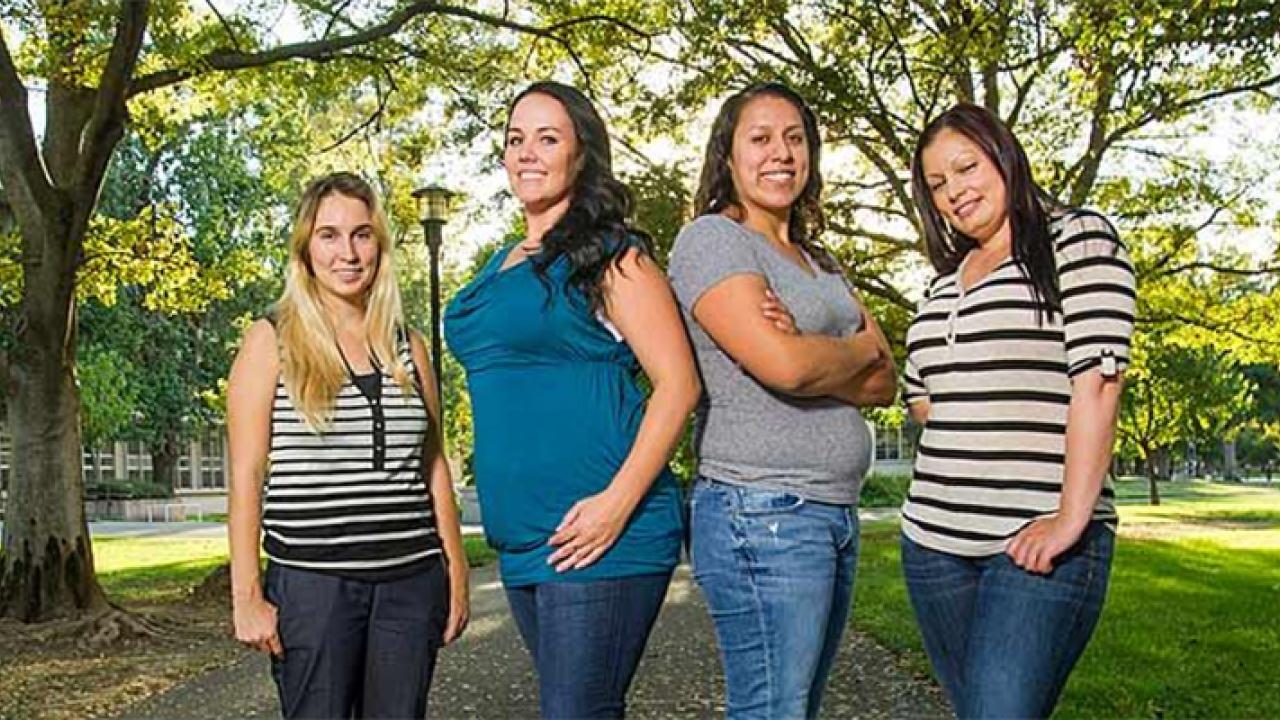
Honoring the educational aspirations of foster children and youths
This story originally appeared in the Davis Enterprise.
May is Foster Care Month, a nationally designated time to recognize the ways in which we all can enhance the lives of a child or youth in foster care.
If you are thinking of offering time as a mentor through CASA (Court Appointed Special Advocates) or even want to become a foster parent, it is important to know the resources that will be available to that child as he or she matures.
Public-policy practitioners and researchers have realized that ensuring that children have a future is as important as providing a family, and contemporary legislation now allows foster youths to extend care beyond the age of 18 and up to the age of 21. Young adults who are working or are enrolled in a technical school or college are eligible.
Effective in January of 2012, AB 12 seems to be having a positive influence as noted in the University of Chicago’s “Findings from the California Youth Transitions to Adulthood Study,” a recent report assessing the benefits of extended foster care in California. As a whole, the foster youth participants in the survey research are still not doing as well as their peers in the general population, but the authors acknowledge that “averages can be deceiving” and many of the youths are in college.
California has been helping alumni of foster care succeed in higher education for nearly two decades. In 1998, Cal State Fullerton established the first undergraduate support program, the Guardian Scholars Program. Today, assistance is offered at all the California State University and University of California campuses, and at many community colleges and private universities.
UC Davis founded a Guardian Scholars Program in 2008, and more than 100 students enrolled in the program have completed their degrees. The campus also went a step further and created the Guardian Professions Program in 2013, an initiative that offers support to alumni of foster care throughout California who are pursuing advanced and professional degrees.
To date, 73 students have benefited from the services provided by the Guardian Professions Program and 21 have graduated and moved on to their careers.
There is an explicit “pay it forward” attitude among these alumni of foster care. Perhaps due to the difficulties of their own childhoods, students associated with the Guardian Professions Program have found that a primary professional motivation is to “give back” to their communities.
Students are doing impactful work in research, policy and business, and a majority are interested in directly assisting others, with 57 percent pursuing a path in the “helping professions”: 12 percent of the students have chosen careers in the health fields, including medicine, dentistry, physician assistant studies, physical therapy and psychological counseling; 22 percent of the students are becoming social workers; 16 percent are working on teaching credentials; and 7 percent are interested in educational leadership.
